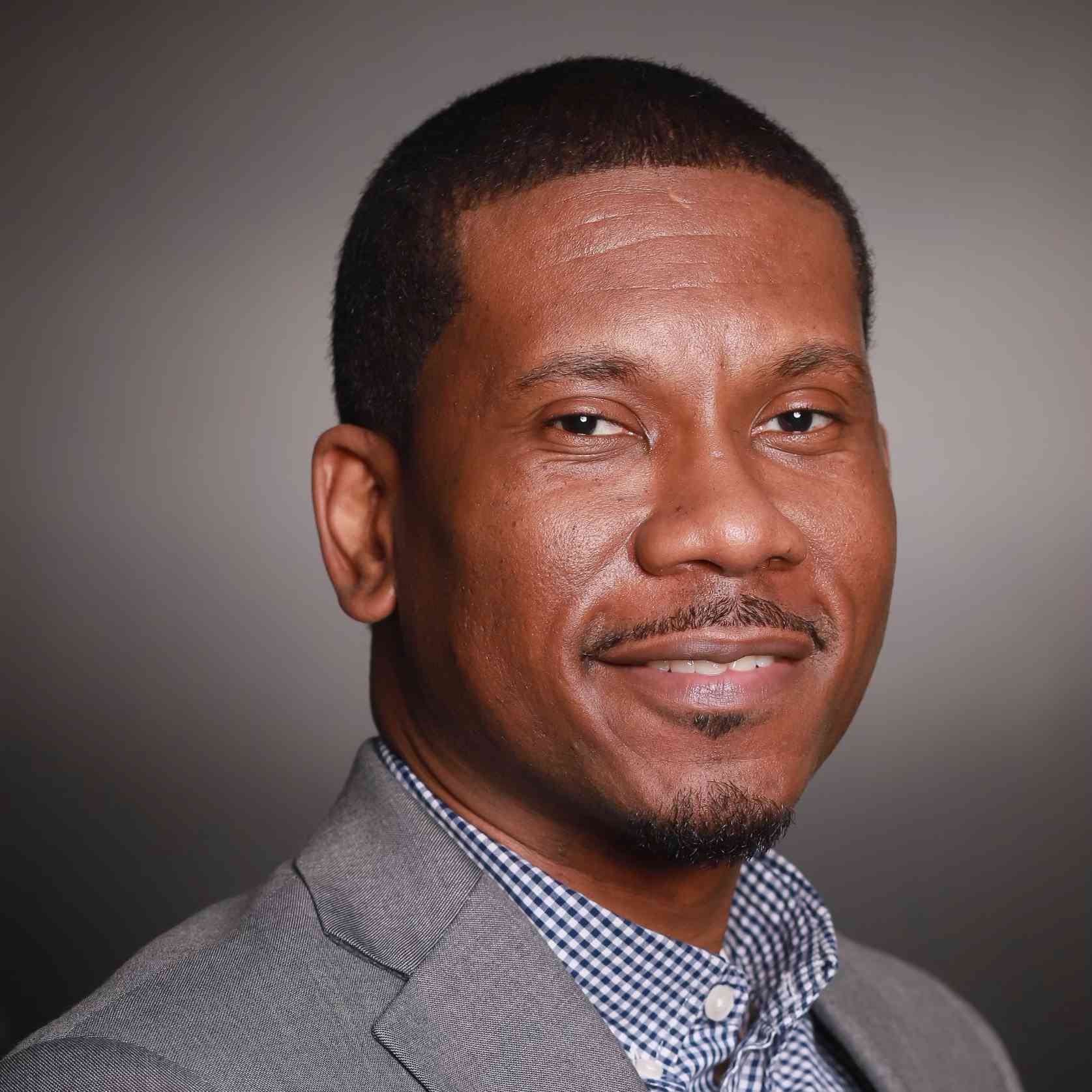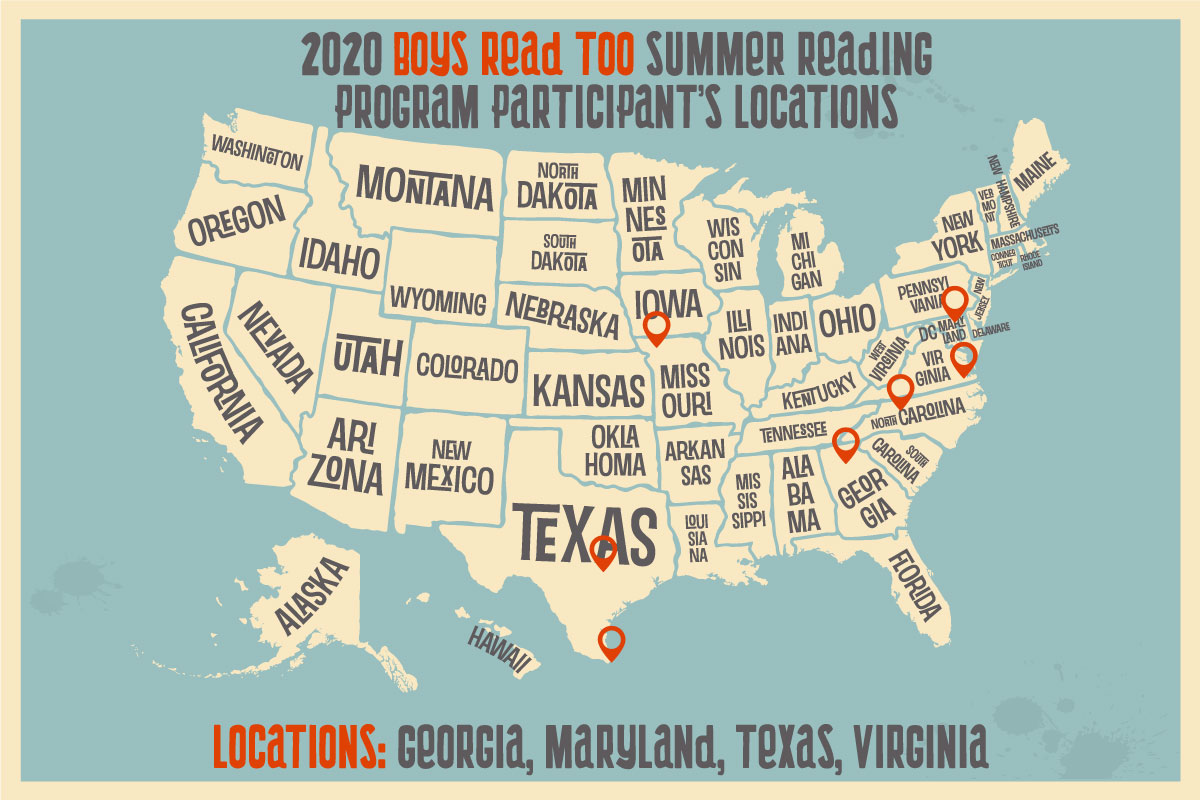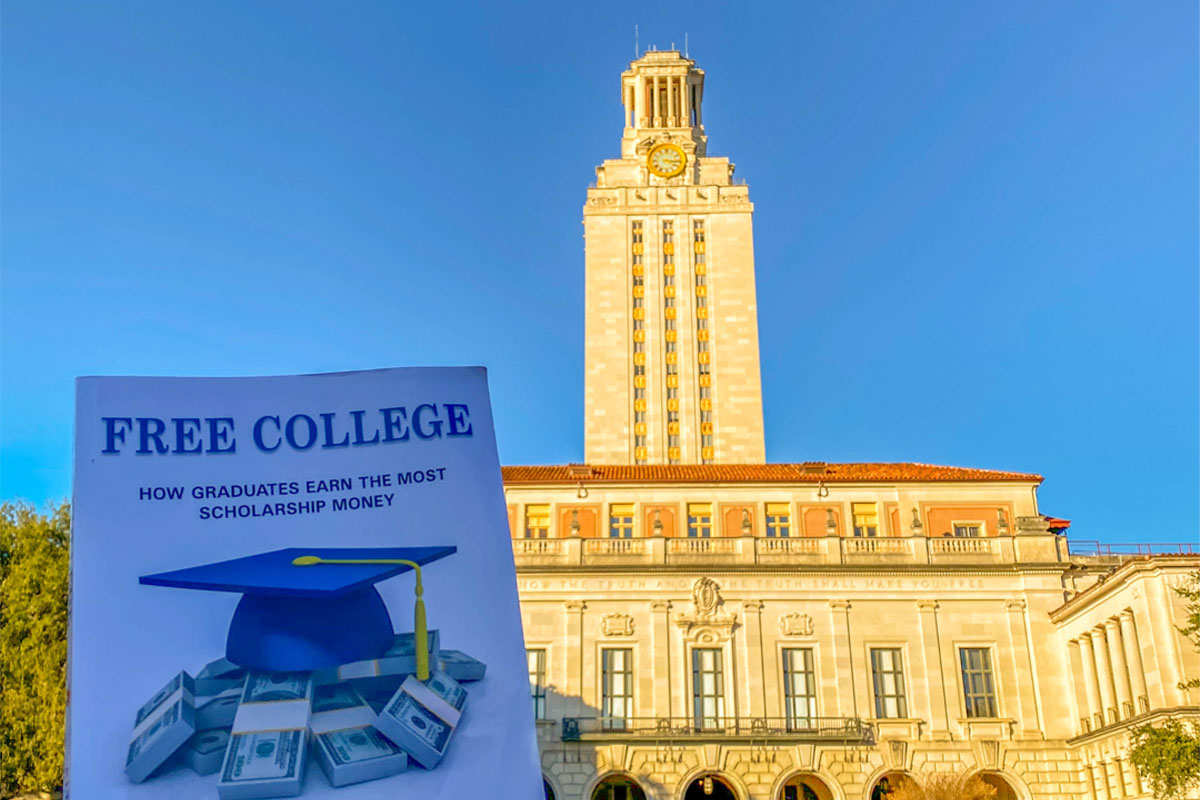A Hometown Success Story Rooted in Mentorship
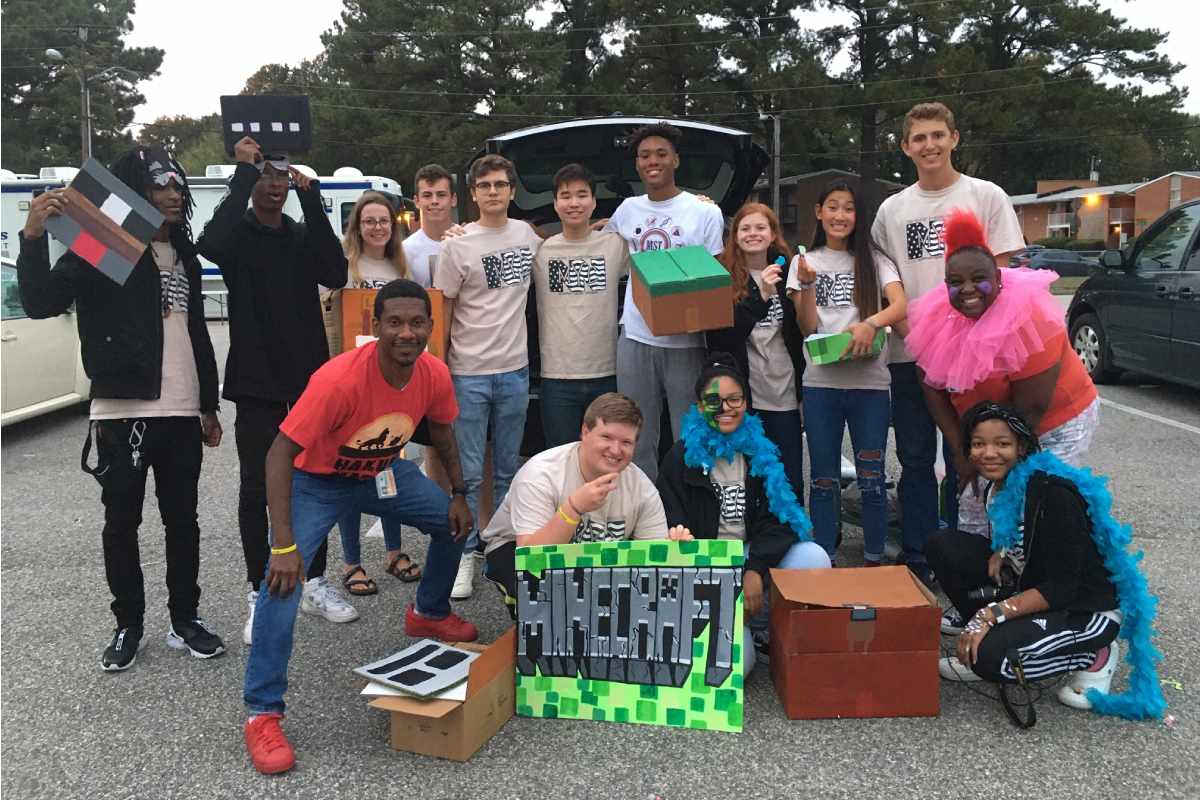
“What do you attribute to your success?” is a question I am asked quite frequently. My response is always the same: I have had the privilege to have some amazing mentors in my life that have been with me every step of the way. I am from Newport News, Virginia, home of Allen Iverson and Michael Vick. One would think that in having two “game-changers” in their respective sports from your hometown, they would be the people I looked up to growing up, but that wasn’t the case. They definitely were inspirational in showing me that you can be from Newport News and change the world, but the people I looked up to weren’t on television every week. They didn’t have endorsement deals or sign contracts for millions of dollars. The people I looked up to were extraordinary people with ordinary jobs: my teachers and coaches. They helped guide and mold me with their mentorship. The purpose of a mentor is to help you excel, whether it be in your career or your life in general, and become the best version of yourself. This is a peek into my mentorship journey.
My Family: Foundation of Mentorship
Like so many others, my first mentors were my parents, Stanley Sr. and Mary, and my older brother Stanley Jr., better known as Beam. When I was a child, my parents instilled the value of giving back to the community. For over 20 years, my father was a youth basketball coach and my mother was the director of an AAU basketball program. From as early as I can remember, I would always hear my father say, “If you see a child hungry, feed them.” That’s exactly what he did and still does. My mother would always seem to be that angel in the shadows for a child in need. If a kid didn’t have money or shoes to play AAU, an anonymous sponsor would always seem to come through for the child. To this day, she won’t say who the sponsor was, but I know. The passion my parents have for the development of the youth is a trait in their DNA that was passed on to me.
My brother gave me something different. He has a tank of ambition that is continually overflowing. He is always envisioning the bigger picture and growth. Because of him, there is nothing I feel I cannot accomplish.
Throughout life, you are going to meet many different people. Know that you meet those people for a reason. In her article 6 Reasons We Don’t Meet People by Accident. We meet for a Reason, Karen Salmansohn (2013) gives 6 reasons why people come into your life for a reason:
Some people are “bridges.” These people are not meant to last for the long road ahead. They are an enjoyable pathway to get us to where we need to go. These people are needed to arrive exactly at the time and place you met them – to transport you to the next level of your life journey. You meet these people for a reason – even if they are only here for a season.
Some people are “roadblocks” and “re-directors.” For example, you might have a conversation with someone – which then delays you and prevents you from getting into a bus accident. Or you might spend time with someone – and this time spent creates a “time hiccup” which delays you – so you wind up meeting a new, amazing, romantic partner. You might have heard the expression, “Sometimes rejection is a redirection to something better.” Well, that’s what these people do. They might show up as a rejector – but they are a redirector.
Some people are “assignments” and “teachers.” Often your tormentors double duty as your mentors. They are here to teach you important life lessons – via the process of pain – which helps you to grow who you are. Their “crisis pain” creates the “crisis fuel” you need – to motivate a necessary change you didn’t want to put in the effort to make. Plus, some people are just straight-up inspiring teachers – who teach you life lessons in a more loving manner.
Some people are “angels.” These people are here to protect you and remind you to stay safe and stay self-loving. They are “guardian angels” of some sort. Their purpose: Make sure that you do not stray too far from the path you are meant to be on. In times of need and desperation they help you – when others are not there for you.
Some people are “guideposts.” They represent and symbolize something you want. Their purpose: Motivate you to keep pursuing what you want – and stay on track. Their presence helps to make sure you stay awake, energized and committed to moving forward on your soul’s true-to-you journey.
Some people are your “tribe.” These are the ones who are here to stay the long haul. These people are far and few between – but they are the ones who are loyally there for you during tough times and celebratory times. They see you clearly and accept you as your “flawsome” self. Tribe members support you when you are invisible to others. Tribe members root for you with a pure heart – when others might feel competitive or jealous.
People may come into your life for one of the six reasons or they may not, but what is important is the lesson or lessons you can take away from the encounters. A good mentor can demonstrate all or some of the skills of the six reasons, but all good mentors should share the reason of being a guidepost. Your mentor is there to motivate and to energize you to be successful. You may think a mentor being a roadblock is inherently bad, but I beg to differ. Sometimes mentors are meant to be roadblocks in the relationship to keep you from taking a detour from your path to success. The mentors in my life definitely have been all six reasons, but I will take it as far as saying they have now become my family. I cannot specify when this happened, but I know my life got better with their presence. To quote Maya Angelou, “Family isn’t always blood, it’s the people in your life who want you in theirs: the ones who accept you for who you are, the ones who would do anything to see you smile and who love you no matter what.”
Two Impactful Mentors in My Life
During the course of life, family will provide you with influence and inspiration, but sometimes that influence and inspiration comes from outside of your family. For me, I have been fortunate to have two men to come into my life by way of education. The Law of Attraction, which in simplified form means you attract whatever you are focusing on, could have had something to do with it. However, I am a firm believer that you don’t choose your mentor, you choose each other. The mentor can see themselves in the mentee, and the mentee can see themselves in the mentor. That’s exactly what happened with Dr. Diron Ford, or Coach Ford as I prefer to call him and Dr. Sammie Logan III.
I met Coach Ford when I was in the 6th grade. He was a teacher and basketball coach at the high school I would be attending. Right away I gravitated towards him. Coach Ford embodied what I envisioned myself to be: he was a black male who played basketball and graduated from college. He was well dressed and groomed, articulate, but most importantly, he was genuine and transparent with me. That is what made me connect with him the most. He was what success looked like for me. No one in my household went to a four-year college. I knew he could be someone I could use as a resource to get where I wanted to go.
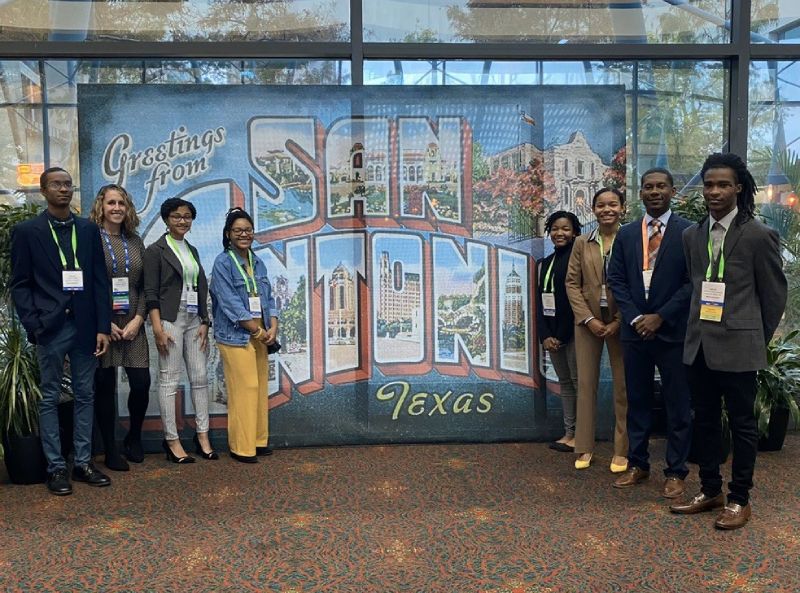
Whenever he had the opportunity, he gave me encouraging words or a book I should look into reading. He started my appreciation of quotes because he would give me inspirational quotes to keep me motivated. Coach Ford showed me he cared by taking time just to have small talk, tell me stories about his college days, or traveling to watch me play while in college. For me, Coach Ford showed he cared in all of these ways, as well as challenging me to be different by holding myself to a higher standard. I remember a time in a basketball game where I wasn’t playing the way he knew I could. Needless to say, he sat me on the bench and chewed me out. He then looked back at me after about ten minutes and told me, “I believe in you. No regrets!” That was the push I needed. That came from the rapport he had with me. He knew what worked for me and what didn’t. Coach Ford’s loyalty, consistent presence, and honesty helped mold the man I am today. He understood he wasn’t just pouring his knowledge and experiences into my life just for me to use for the moment, but throughout my life’s journey.
Years later, when I was a senior in high school, I met Dr. Sammie Logan III. Like Coach Ford, Dr. Logan was well-dressed, well-mannered, articulate, and genuine. At the time, he was one of the school counselors for the AVID Program, a college preparatory program that I was a part of. My parents always told me you don’t meet people by accident, they come into your life for a reason. Dr. Logan’s reason was to be a guide to stay true to myself. Like Coach Ford, I gravitated to him. Dr. Logan had a presence that motivated and energized me to push forward on my journey to success. The funny thing is, he wasn’t my assigned AVID counselor; I made him my counselor. I was in his office every day, literally. His door was always open. We talked about any and everything, more so like brothers do; nothing was off limits. He knew school news about me that I didn’t even know. He wrote countless recommendations for colleges and scholarships.
With that, Dr. Logan made sure to always remind me that I was establishing in the present, but building for the future. Dr. Logan did two things for me that I believe great mentors do: he nurtured and invested in me – the student, the athlete, the person. I remember at the end of my graduation ceremony, Dr. Logan gifted me with a calculator; a calculator that I would use throughout college and still use to this day. You see, he knew I wanted to major in accounting. The simple gesture of gifting me with the calculator showed me that he cared for me enough to make sure I was equipped with a tool that would help me be successful in the future.
Mentorship: Forging a Career in Education and Youth Development
One day, the mentee will turn into the mentor. To give a personal example, the summer leading into my senior year of college, I was tasked to be a student leader at an educational conference in Atlanta, Georgia that Dr. Ford was facilitating. The day of the conference, Dr. Ford woke up anxious, wanting the conference to get off to an amazing start. I felt it was my time to give him just a pinch of what he had given me for so many years: encouragement and support. I pulled him to the side and told him, “Treat it like you’re going to coach a game. You’re prepared for it, now just go execute.” Needless to say, the conference was a success.
After graduating from Emory & Henry College in 2008, I became a math teacher in the city I grew up in. Although I had been coaching basketball off and on since the age of 16, I focused more on that as well. As an educator, I found myself doing the same things that Coach Ford and Dr. Logan did for me for my students. It was one of my missions to show students that I cared for them as a person, not just as students in my classes. I built rapport with students by being myself; whether it was laughing and joking through sports or stopping a lesson to talk about life. I provided them with structure, guidance, truth, passion and empathy. I also helped establish a Young Men of Distinction group to help mentor young males in the building. One thing I took pride in was spending a little time with students that were not in my class. A game of Uno or gym time after school shooting hoops while chit-chatting could play an important role in a young person’s life.
Later, after almost a decade in the education field, I found myself wanting to do more for the youth of my community. In 2019, I accepted a position within my local government with a focus on youth development and community outreach. As a part of my position, I provide intentional diverse programs, engaging sessions and trainings, and assess program offerings. I also serve as an advocate for the development of youth and utilize adult partnerships to address gaps in services for youth and provide guidance regarding the focus and direction of youth projects and activities. To add, I also promote positive youth development by developing and supporting active participation of young people in the planning and decision-making processes within the community, to include serving on boards, commissions, advisory groups, and task forces. With developing and supporting the youth’s active participation within the community, I am responsible for recruiting highly motivated high school youths for the city’s boards and commissions.
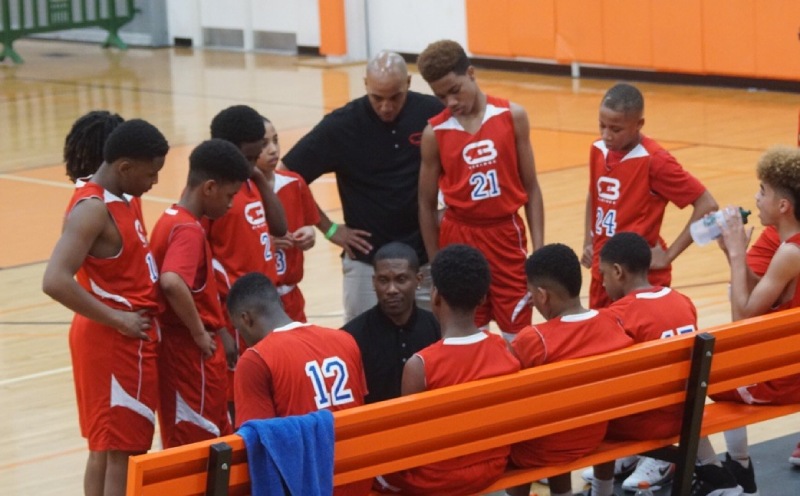
I am also the Staff Advisor of the Mayor’s Youth Commission, which is a group of public, private, and homeschooled high school students that serve as liaisons between the mayor, City Council, city leadership and the youth of the city who are selected during the recruitment process. Serving as Staff Advisor enables me to promote positive youth development by supporting active participation of young people in the planning and decision-making processes within the community, to include serving on boards, commissions, advisory groups, and task forces. The youth of today are the leaders of tomorrow, and it is crucial to train and educate our youth as they move into leadership roles in their schools and their community. The Commission develops and leads initiatives that impact the community with support from the mayor, City Council, and me. I also help these young people make use of their opinions, skills and abilities by providing them with learning opportunities through trainings, workshops, and service projects. Providing these young people these opportunities are of great benefit to them, but the fact that I get to know each youth as an individual person and see his or her growth is the takeaway that I cherish.
Using what I have learned from my mentors has helped me upgrade myself to be a better person.The tools and lessons that they provided have helped me develop as a better advocate for the development of youth. This would not and could not have happened without trust.
Trust is the single most important factor when it comes to an effective relationship between a mentor and a mentee. You may ask, “How do you build trust within your mentoring relationship?” I believe the rapport you build with your mentee determines the level of trust within the relationship. Without a strong rapport, trust will not happen. There is not a specific way to go about building rapport, but you do want to be your genuine self. The mentee will become comfortable and open to suggestions. I have come up with seven ways to help build rapport, which leads to trust, to create an effective mentoring relationship:
1. Communication- “Real” talk and transparency
Be direct and open with your communication, but not mean. Do not “beat around the bush,” as they say. It lets your mentee know that you are coming from a place of honesty and you’re not telling them what they want to hear, but what they need to hear.
2. Show respect
Of course, this is a two-way street and it should go without saying. You need to show respect to your mentee and vice versa. Remember that mentorship is voluntary, not a requirement. Respect each other’s time, whether it be personal or professional, and space. Also, show respect by appreciating the diversity of perspectives; you can both learn from each other.
3. Loyalty
You have to have loyalty and this is a must. Maintain healthy boundaries. Put your mentee before yourself and stick with them in good times and bad. Show that you have your mentee’s best interests at heart.
4. Listen
Don’t just listen; be an active listener. This acronym for LISTEN (University of Glasgow, n.d.) summarizes the features of active listening:
L = listen to what is being said and how it is being said
I = interpret non-verbal messages
S = show you are being attentive
T = try to understand, not just hear
E = evaluate and summarize the message
N = neutralize your feelings
To show you are listening, initiate eye contact, display positive body language, and ignore distractions. When you ask clarifying questions and summarize comments, this demonstrates attentiveness and understanding; especially if the conversation is not vocal, but a text message conversation. It is easy to misunderstand text conversations, so asking clarifying questions and summarizing comments are a way to keep misunderstandings from occurring. There also may be times where a situation has occurred and you are so angry or stressed that they cannot neutralize your feelings. When this occurs, communication and respect are key. Verbalize that at that moment, it is not a good time for you and ask if you can have the conversation at another time. You may also ask if there is someone else they may talk to at that time. If not, that is fine, but also remember that respecting personal time and space is a part of building rapport.
5. Be yourself
Be your genuine, authentic self. Share what you like and don’t like. Don’t hide your quirks, whether common or weird. It also shows the mentee it is fine to be true to themselves.
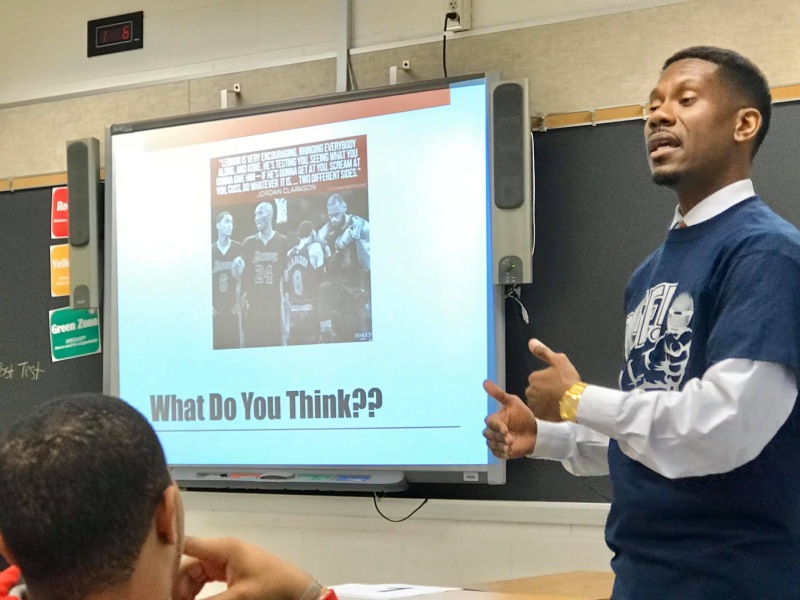
6. Consistency
Check on each other regularly. I equate being consistent to being dependable. You’re there when you’re needed. You may not know how many times the mentee has been let down in the past, so establishing consistent productive behaviors exhibits honesty and trustworthiness.
7. Reflect on failure and celebrate achievement
More often than not, success stems from failure. Reflect on things such as what went well, what could be improved, and what not to do again. Failure is a piece of the puzzle to success; it is a part of learning. By celebrating success, it will lead to the mentee establishing and continuing to practice the effective habits that lead to the success. It will also make them feel a sense of satisfaction and motivation.
In closing, good mentorship provides benefits for you not only personally, but in your career as well. Having a good mentor means you get to benefit from their knowledge and experience. In addition, a good mentoring relationship will give you a sense of confidence, assistance with not only identifying goals, but achieving them, and development of mentoring skills you can use to continue the cycle. I am forever grateful to those who found me worthy to share their knowledge and experiences with to make a lasting positive impact. It is now my duty to continue the cycle of positive and effective mentorship so that I too will be considered family by a young person whose life was impacted by me taking the time to care.
Salmansohn , K. (2013). 6 Beliefs For Why People Come Into Your Life For A Reason. NotSalmon. Retrieved from https://www.notsalmon.com/2013/03/14/we-dont-meet-people-by-accident-theyre -meant-to-cross-our-path-for-a-reason/.
University of Glasgow. Mentoring. Retrieved from https://www.gla.ac.uk/media/Media_414519_smxx.pdf

